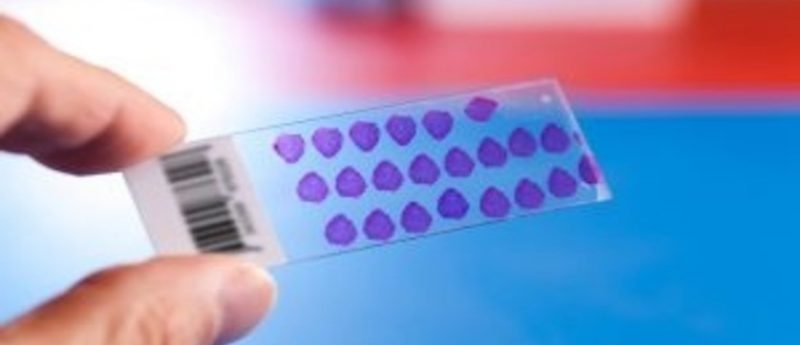Liquid biopsy and NSCLC

In the era of high-throughput molecular screening and personalized medicine, difficulty in determining whether cancer mutations are truly ‘actionable’ remains a gray zone in NSCLC. The most important prerequisite to perform such investigations is the tumor tissue retrieval via biopsy at diagnosis and after occurrence of resistance. Blood-based liquid biopsy as circulating tumor cells, circulating tumor DNA and exosomes can offer a fast and non-invasive method to elucidate the genetic heterogeneity of patients, the screening and patient stratification and give a dynamic surveillance for tumor progression and monitor treatments response. Here we prospectively discuss the three main approaches in the blood-biopsy field of lung cancer patients and its clinical applications in patient management. We also outline some of the analytical challenges that remain for liquid biopsy techniques in demonstrating that it could represent a true and actionable picture in lung cancer management for the implementation into clinical routine.
Lung cancer can be considered as a genetic disease with a patient’s specific mutational profile. This molecular information is currently obtained from tissue biopsies or surgical specimens that represent the gold standard source for diagnosis and in some cases are used to identify therapeutic options. Besides this, tumor staging and disease follow-up is currently assessed by clinical and radiological findings. However, it is not always possible to obtain enough biopsy material due to the invasive nature of the procedure and the poor performance status of many advanced lung cancer patients.
Click here to view the full article in our partner journal Lung Cancer Management.




